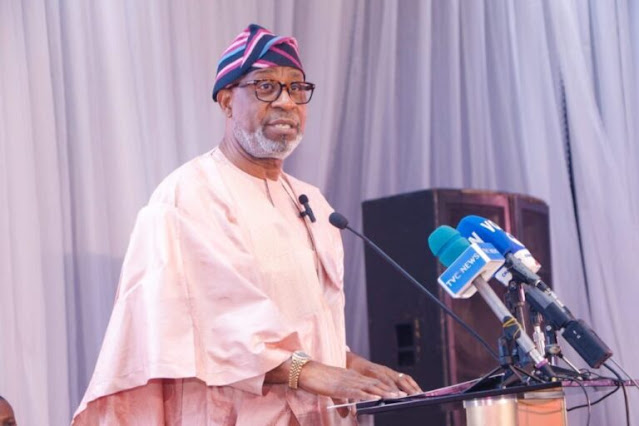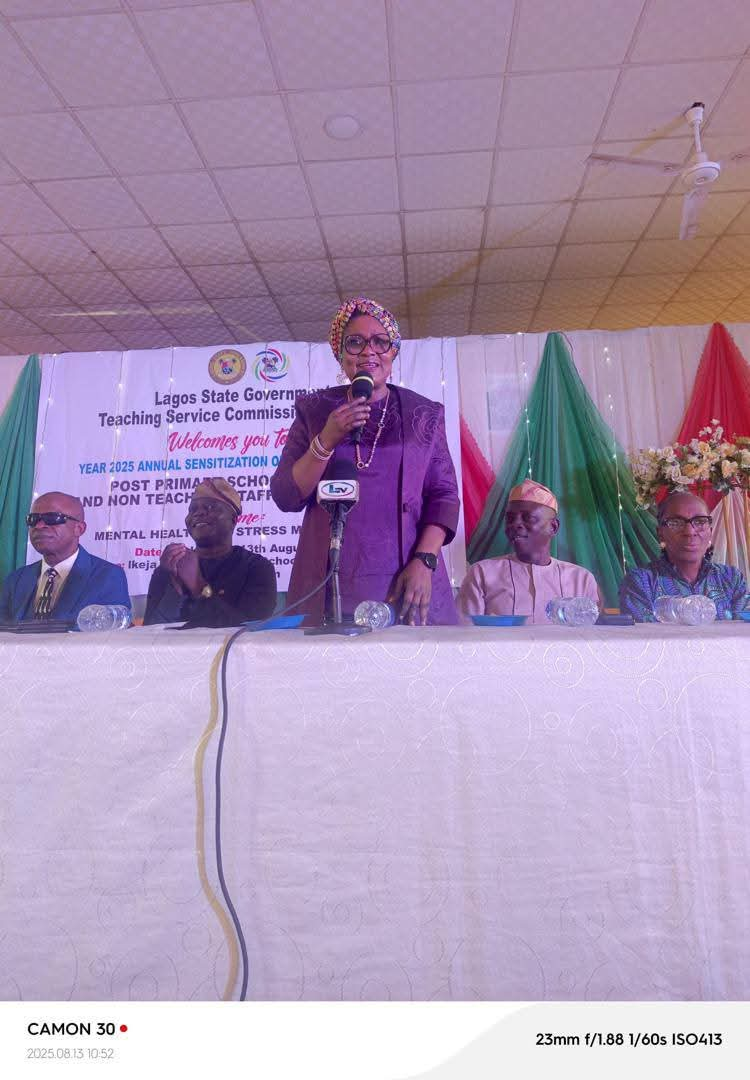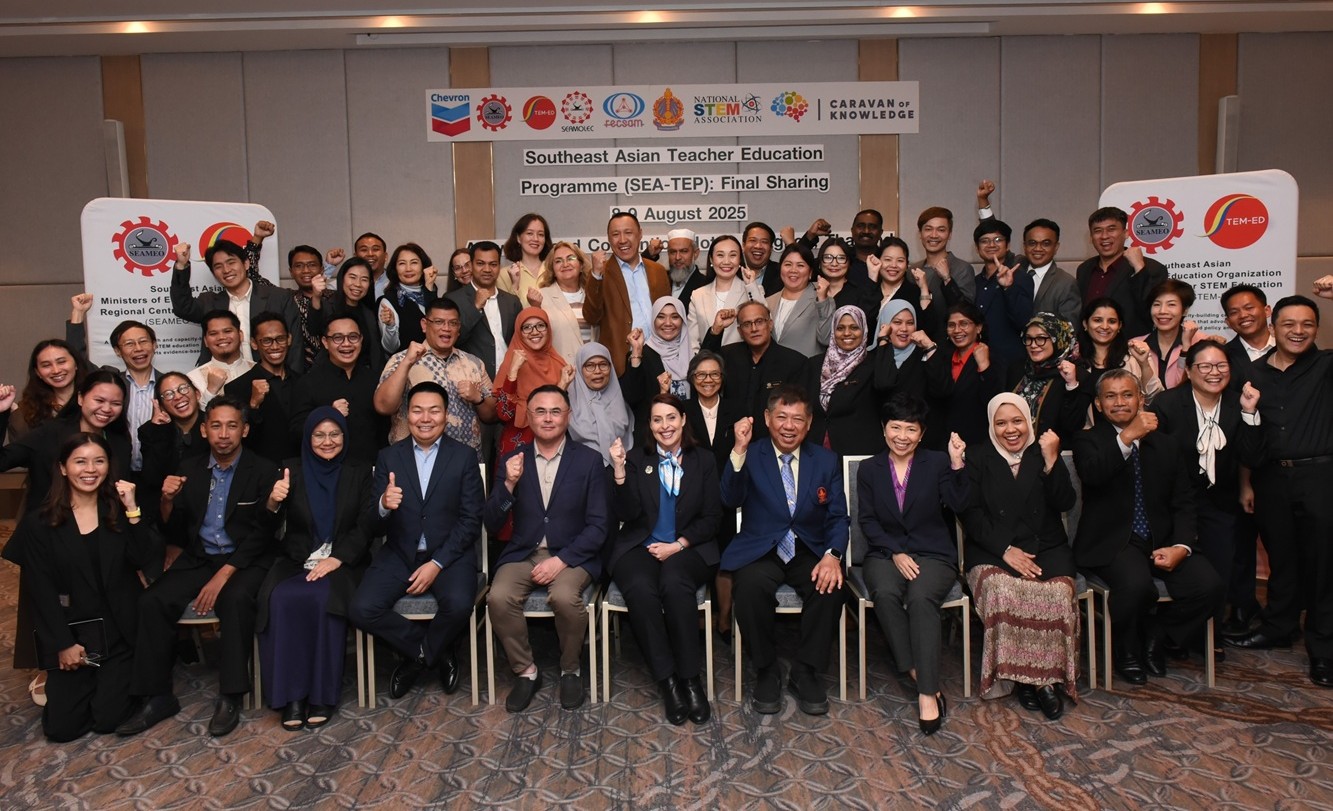…As Ministry moves to revoke 1,000 mining licenses
The Minister of Solid Minerals Development, Dr. Dele Alake, has declared that Nigeria’s solid minerals sector will no longer serve as a refuge for opportunists, but as a domain for genuine investors, as his ministry moves to revoke an additional 1,000 inactive mining licences following the cancellation of 900 similar titles last year.
Speaking at the opening of the inaugural National Steel Summit in Abuja on Wednesday, Alake said the move was part of efforts to overhaul the licensing regime and eliminate speculative holdings.
“To clean up our licensing system, I revoked over 900 dormant titles that had become tools in the hands of speculators rather than instruments of development,” he stated.
“Very shortly, I will be announcing the revocation of another 1,000 licences. The Solid Minerals sector is no longer a playground for opportunists. It is a driver of national industrial growth and continental leadership. We are laying the foundation for a Nigeria where mineral resources create Nigerian jobs, feed Nigerian industries, and build Nigerian prosperity.”
Alake described the summit’s theme, Rebuilding and Consolidating Nigeria’s Steel Industry: Collaborative Action for Sustainable Growth and Global Competitiveness, as fitting for the nation’s economic diversification agenda. He reaffirmed the Federal Government’s resolve to position Nigeria as West Africa’s steel hub, anchored on local beneficiation, sustainable practices, and private-sector partnerships.
According to him, Nigeria must shift from exporting raw minerals and importing finished goods to harnessing its mineral wealth for job creation, technological advancement, and economic prosperity. He explained that his ministry was aligning reforms with the Ministry of Steel Development, recognising that the steel value chain begins with mining.
“Our mineral policies must directly feed into steel production capacity. This mutual dependency must be synergised and tailored to the development priorities of this government,” he added.
Minister of Industry, Trade and Investment, Dr. Jumoke Oduwole, said her ministry was accelerating economic diversification through targeted reforms in industrialisation, manufacturing, and innovation. She stressed that processing and adding value to Nigeria’s resources would create jobs, build industrial capacity, and drive long-term economic resilience.
“Through special economic corridors and trade and labour infrastructure, the Federal Ministry of Industry and Investment is creating platforms that will attract investment, integrate our steel industry into global and regional value-added markets, and fully deploy our resources. We are committed to deep, sustained reforms to make Nigeria a competitive destination for steel investment,” she said.
Minister of Steel Development, Mr. Shuaibu Audu, described the steel sector as the backbone of an industrialised economy, providing the essential base material for construction, automobiles, electronics, shipbuilding, defence equipment, and telecommunications.
Although Nigeria has abundant steel-making raw materials, Audu noted that the absence of operational integrated steel plants had hindered the sector’s potential. He maintained that iron and steel production could generate employment, foster self-sustaining growth, and diversify the economy.
He said the summit aimed to assess the industry’s current state, explore investment opportunities, identify policy and infrastructure gaps, and develop recommendations. It was also intended to promote collaboration, knowledge-sharing between industry stakeholders and policymakers, and inclusive dialogue to chart a clear path for a sustainable Nigerian steel industry.







